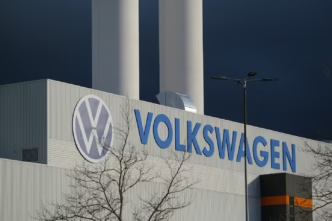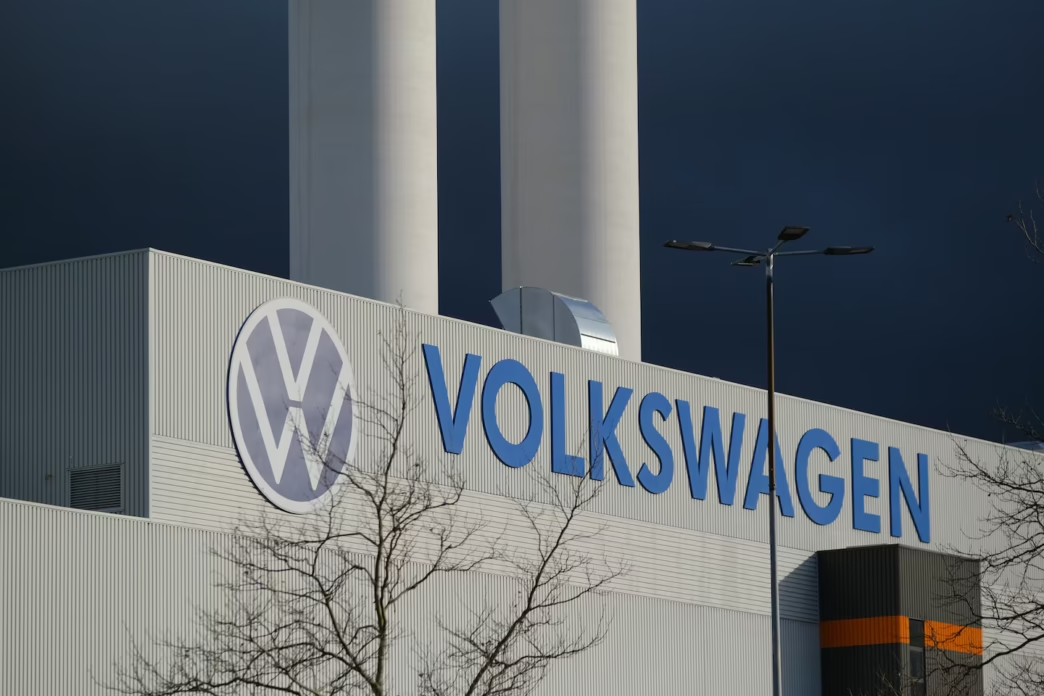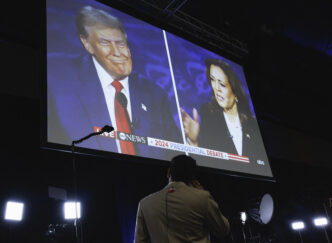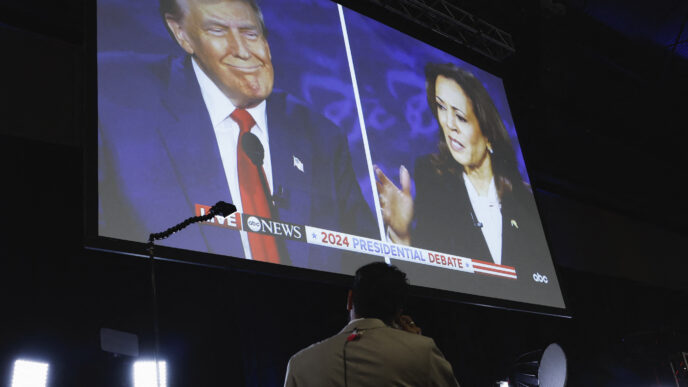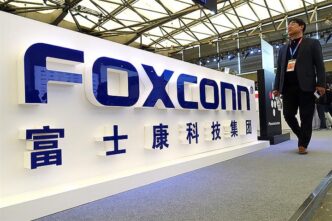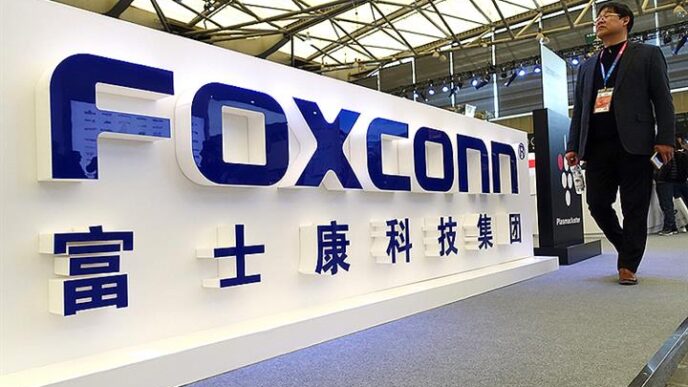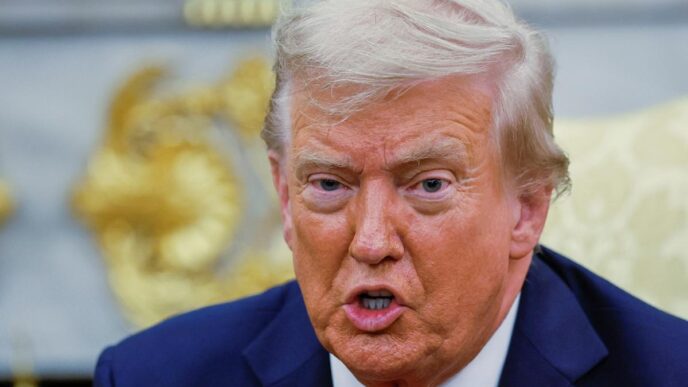Volkswagen has overtaken Tesla as the leading seller of electric vehicles (EVs) in Europe, marking a dramatic milestone in the German automaker’s decade-long transformation since the infamous Dieselgate scandal. The shift underscores both Volkswagen’s determination to reinvent itself as a leader in clean mobility and Europe’s evolving competitive landscape in the race toward electrification.
A Decade of Reinvention
In 2015, Volkswagen faced one of the most damaging corporate crises in modern history when it admitted to installing “defeat devices” that allowed diesel cars to cheat emissions tests. The scandal resulted in tens of billions of dollars in fines, lawsuits, and regulatory penalties, severely tarnishing the company’s reputation.
But in the years since, Volkswagen has methodically repositioned itself as a champion of electric mobility. It committed more than €180 billion in investments toward electrification and digitalization, launched its modular EV platform (MEB), and rolled out a lineup of battery-powered cars under the ID. brand.
The payoff is now becoming evident. In the first half of this year, Volkswagen and its subsidiaries—including Audi, Skoda, and Porsche—collectively sold more EVs in Europe than Tesla, reversing years of American dominance in the continent’s fastest-growing auto segment.
Tesla’s Challenge in Europe
Tesla revolutionized the EV market and built a loyal customer base in Europe with models like the Model 3 and Model Y. However, competition has intensified as legacy automakers like Volkswagen, BMW, and Mercedes-Benz, as well as new entrants from China, flood the market with diverse offerings.
While Tesla still commands global leadership in EVs, its European market share has declined as local rivals offer a broader range of models at various price points. Supply chain constraints and slowing demand in certain markets have also pressured Tesla’s sales momentum on the continent.
Analysts say that Tesla’s relatively narrow lineup—focused on premium sedans and crossovers—has left gaps in categories where Volkswagen excels, such as compact hatchbacks and family-oriented SUVs, which remain popular in Europe.
Volkswagen’s Winning Formula
Volkswagen’s success in overtaking Tesla in Europe reflects its ability to leverage scale, brand diversity, and deep regional roots. With manufacturing plants across the continent, the group can adapt quickly to local demand and regulatory requirements. Its ID.3 and ID.4 models have become top-sellers in key markets such as Germany, Norway, and the Netherlands, where EV adoption is accelerating due to government incentives and strict emissions targets.
In addition, Volkswagen’s strategy of offering EVs at more accessible price points has broadened the market beyond early adopters to mainstream consumers. The company’s push into charging infrastructure and battery partnerships further reinforces its long-term competitive advantage.
Industry and Policy Implications
Volkswagen’s overtaking of Tesla comes at a pivotal moment for Europe, as the European Union intensifies its push to phase out internal combustion engine cars by 2035. The shift highlights how regulatory pressure and consumer demand are driving rapid change in the automotive sector, forcing even the most established automakers to adapt—or risk irrelevance.
For Tesla, the development signals that its dominance is no longer unchallenged. While the company retains strong brand recognition and technology leadership, maintaining growth in Europe will require broader product diversification and potentially deeper localization of production and supply chains.
Looking Ahead
The symbolic victory of Volkswagen outselling Tesla in Europe does not end the battle for EV supremacy. Both companies face rising competition from Chinese automakers such as BYD and NIO, which are aggressively expanding in Europe with competitively priced models.
Still, for Volkswagen, the achievement marks a remarkable turnaround from the depths of Dieselgate. A decade ago, the company was seen as a cautionary tale of corporate misconduct. Today, it stands as proof that even the largest industrial players can reinvent themselves in response to technological disruption and regulatory pressure.
As the global auto industry races toward an electric future, the rivalry between Tesla and Volkswagen will remain a defining contest—not only for market share, but for the future of mobility itself.

